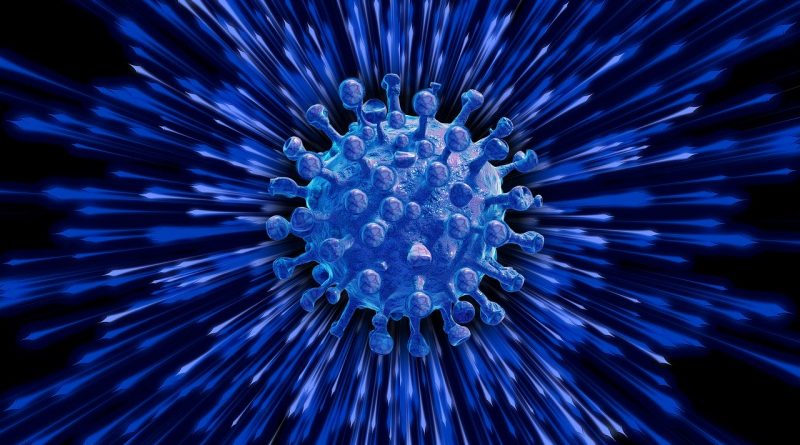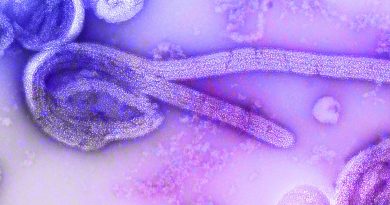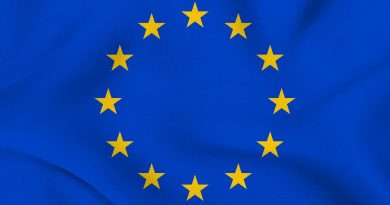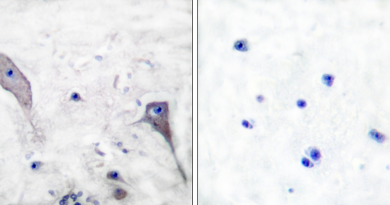Vault Pharma designing new Vault-based Coronavirus Vaccine
Vault Pharma is collaborating with UCLA and other universities to develop a coronavirus vaccine with the capacity to treat the virus in addition to protecting against it.
The growing biotechnological company founded at UCLA, is adjusting its strategy to tackle the novel coronavirus, aiming to add to the anti-COVID-19 arsenal that follows an initial vaccine.
Vault-based vaccine technology
As a traditional vaccine, the vault-based technology is intended to prevent infection by stimulating the humoral immune system, which utilises antibodies to neutralise foreign pathogens in body fluids and labels them to get destroyed by the immune cells.
This vault-based vaccine platform is expected to trigger an adequate and balanced immune response.
Professor of Biochemistry Leonard H. Rome stated:
“A vaccine packaged in vaults is also taken up by antigen-presenting cells involved in triggering a cellular immune response, which actively fights disease by attacking and killing infected cells.”
“In addition, cellular immune responses can impart lasting memory allowing resistance to later virus exposure.”
Vault Pharma research collaborations
Distinguished Professor of Biochemistry Leonard H. Rome, who is the associate director of the California NanoSystems Institute at UCLA, co-founded Vault Pharma, headquartered on the campus site of the CNSI’s Magnify incubator. Business operations are an illustration of how novel strategies that begin in research academic labs are progressing to the marketplace, where they can benefit more people.
The Magnify incubator assists the development of nanoscience and technology-based innovations by creating a laboratory and co-working space for startups, as well as exposure to advanced UCLA testing facilities — exactly what Vault Pharma was aiming for.
Oliver Foellmer, Vault Pharma’s CEO said:
“We are a UCLA company. Magnify has been our first real home and a terrific place for us to grow. CNSI is just a dream come true because it connects us with UCLA collaborators and resources, it has a big footprint due to the unique, multidisciplinary nature of the institute and it has commercial space — you couldn’t ask for a better combination in an incubator.”
Vaults – naturally occurring nanoparticles
Vault Pharma provides genetically engineered versions of vaults — naturally occurring nanoparticles present in every human cell. Measured in billionths of a metre, the vaults were first found in the Rome Laboratory. Although their inherent role has not been completely understood, Rome assumes that vaults play a part in the immune system.
The barrel-shaped nanoparticles consist of a shell composed of 78 copies of one unique protein, comprising two additional proteins and some genetic material. The Rome team re-engineered the vault as a delivery device, filling up the interior with proteins for applications such as potential therapies or vaccines.
Vault-based treatments for diseases such as lung cancer and human papillomavirus are already under development. Vault Pharma and its partners are now transforming the groundbreaking technology aiming to generate coronavirus vaccine.
Bioparticle-based delivery system has potential as a coronavirus therapy
Studies indicate that a vault-based vaccine may also act as a treatment. Although the platform has not been tested in humans, proof-of-concept analysis demonstrates that vaults are non-inflammatory but are easily internalised by numerous immune cells, involved with both forms of adaptive immunity — body defences that respond to specific invaders.
Vault Pharma’s groundbreaking vaccine is being created in collaboration with the Rome Lab and research teams headed by Dr. Otto Yang, Professor of Medicine in the Infectious Disease Division at the David Geffen School of Medicine at UCLA, and Jeff F. Miller, UCLA’s Fred Kavli Professor of NanoSystems Sciences and Director of CNSI.
Jeff Miller stated:
“Our collaboration with Vault Pharma is exciting on numerous fronts. It makes for compelling science, holds significant promise to save lives and delivers on part of CNSI’s mission, to translate discoveries into knowledge-driven commercial enterprises.”
Vaccine candidates are going to be studied by the Assistant Professor of Biosciences at Northern Arizona University, Todd French, who is designing animal models for coronavirus research at NAU’s COVID-19, Testing Research Centre. Moreover, Todd French is an expert in pathways that boost the pathogenicity of the infectious microbes making them even more dangerous. Projects for manufacturing plants are also in progress.
The company and the researchers in partnership also with Mark Arbing, who runs the Fermentation Core Facility at the UCLA Molecular Biology Institute, established a method for prompting engineered yeasts to generate custom-designed vaults.
Potential clinical studies for generation of vaccine-charged vaults will be scheduled for prospective clinical trials at the University of Nebraska – Lincoln Biological Process Engineering Center, which manufactures modified proteins and peptides, for clinical studies and research.
One step ahead in battling future pandemics
Foellmer and Rome advise that their novel platform is not a frontline defence solution. The vault-based coronavirus vaccine is expected to be introduced as an extra weapon against the COVID-19 pandemic after the initial vaccine has been designed and delivered and may constitute a step ahead in the potential to prevent outbreaks of a similar virus in the future.
For more information please visit: www.vaultpharma.com




